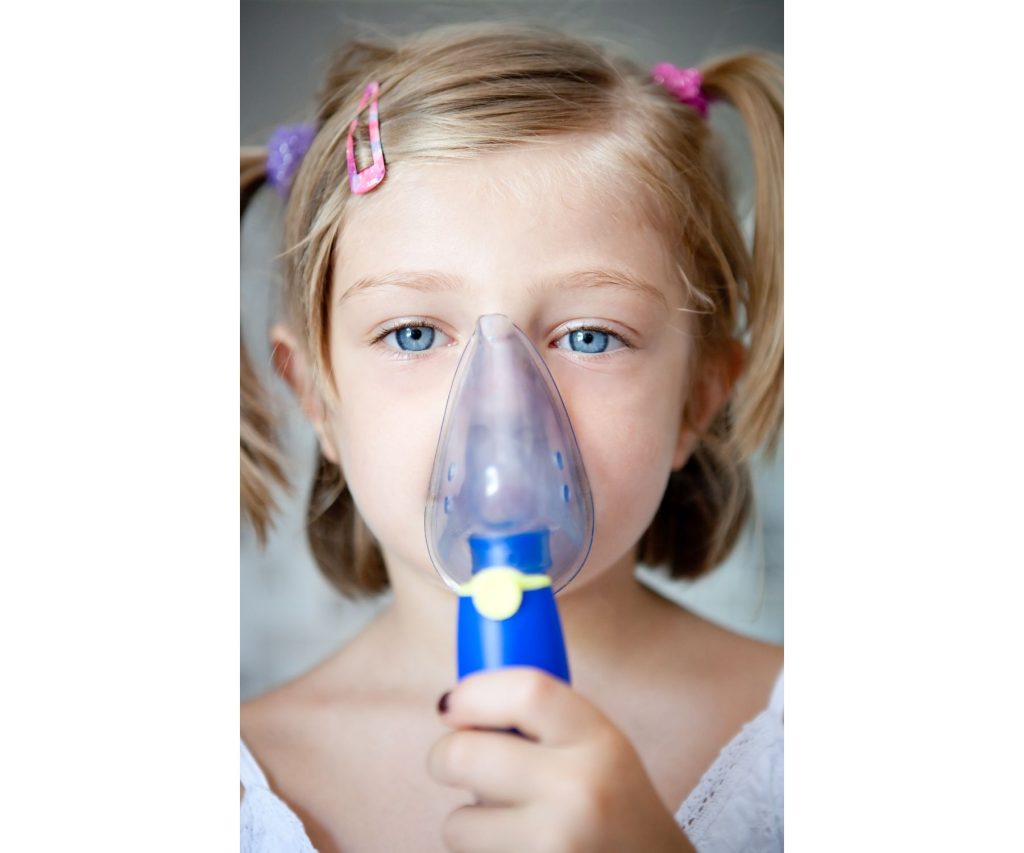When it comes to staying comfortable in your home, window AC units with heaters are a popular choice. These versatile units not only cool your space in the summer but also provide warmth during the colder months. However, it’s important to consider the energy efficiency of these units to save on electricity consumption and reduce your environmental impact.

How Window Air Conditioners with Heaters Work
Window air conditioners with heaters are versatile appliances that provide both cooling and heating functions to keep your living space comfortable all year round. These units are installed in a window or a small opening in a wall and are designed to cool or heat a single room or a small area.
These appliances work by extracting heat from the indoor air and transferring it outside during the cooling mode. They use a refrigerant to absorb the heat from the room, which is then compressed and pumped outside. This process effectively cools the air inside. During the heating mode, the refrigerant flow is reversed, extracting heat from the outdoor air and transferring it indoors.
Window air conditioners with heaters typically include a thermostat that allows you to set your desired temperature. Once the temperature reaches the set level, the unit will automatically switch off to conserve energy. Some models also come with additional features such as adjustable fan speeds, multiple operating modes, and remote control for added convenience.
It’s important to note that window air conditioners with heaters are not as energy-efficient as standalone heating systems or central HVAC systems. However, they can still provide efficient heating and cooling for small spaces, such as bedrooms, small living rooms, or home offices.
These units are rated based on their British thermal unit (BTU) capacity for cooling and heating. The higher the BTU rating, the more powerful the unit and the larger the area it can effectively heat or cool. It’s important to choose the right-sized unit for your space to ensure efficient operation and minimize energy consumption.
Window air conditioners with heaters also consume more electricity compared to standalone air conditioners or heaters. The combined operation of both cooling and heating functions requires more energy. However, the specific electricity usage will vary depending on the model, size of the unit, and the duration and intensity of usage.
To minimize electricity consumption and maximize energy efficiency, consider the following tips:
- Use energy-saving settings and features, such as sleep mode or eco mode, whenever possible.
- Ensure proper insulation around the unit to prevent air leaks and improve efficiency.
- Clean or replace the air filters regularly to maintain optimal airflow and efficiency.
- Seal any gaps or cracks around the unit and the window to prevent drafts.
- Consider using additional insulation or window coverings to minimize heat loss during the winter.
- Use a programmable thermostat to regulate the temperature and minimize unnecessary usage.
By following these energy-saving tips, you can reduce the electricity consumption of your window air conditioner with a heater and enjoy comfortable indoor temperatures without breaking the bank.

Average electricity usage
When it comes to window air conditioners with heaters, many people wonder how much electricity they consume. The electricity usage can vary depending on various factors such as the size and efficiency of the unit, the climate in which it is used, and the temperature settings.
On average, window air conditioners with heaters consume around 1,200 to 1,500 watts per hour when in cooling mode. However, when the heating mode is activated, the electricity usage can increase significantly. Heating requires more energy compared to cooling, so it’s important to consider this when calculating the overall electricity consumption.
It’s worth noting that the actual electricity usage can vary from model to model. Some window air conditioners with heaters are designed to be more energy-efficient, which means they consume less electricity while still providing the desired cooling and heating performance. These energy-efficient models often come with an Energy Star rating, which indicates that they meet certain energy efficiency standards set by the Environmental Protection Agency (EPA).
To get a better estimate of the electricity usage, it’s helpful to check the unit’s specifications or consult the manufacturer’s website. They usually provide information on the power consumption in both cooling and heating modes. Additionally, you can also consider reading customer reviews or seeking advice from professionals who can offer insights based on their experience with specific models.
While window air conditioners with heaters may consume a significant amount of electricity, there are several tips you can follow to minimize energy usage and save on electricity bills:
- Set the temperature appropriately: Adjust the thermostat to a comfortable temperature, rather than excessively cool or warm settings. This can help reduce energy consumption.
- Use energy-saving modes: Many window air conditioners come with energy-saving modes or programmable timers. Utilize these features to optimize energy usage and avoid unnecessary heating or cooling when you don’t need it.
- Ensure proper insulation: Properly insulate your room or window to prevent air leaks. Good insulation can help maintain the desired temperature without putting excessive load on the air conditioner and heater.
- Maintain regular maintenance: Clean or replace the air filters regularly to ensure proper airflow and efficient operation. Clogged filters can restrict airflow, making the unit work harder and consume more electricity.
By following these tips and considering the energy efficiency of the unit, you can reduce the electricity consumption of window air conditioners with heaters while still enjoying the desired comfort in your space.
Tips for Energy Saving with Window Air Conditioners with Heaters
Window air conditioners with heaters can be a convenient solution for controlling the temperature in your home. However, they do consume electricity, and it is important to use them efficiently to minimize energy usage and save on utility bills. Here are some tips to help you maximize energy savings when using window air conditioners with heaters:
 Choose the right size: Selecting a window air conditioner with the appropriate cooling and heating capacity for your room is crucial. An undersized unit will have to work harder, consuming more energy, to reach and maintain the desired temperature. On the other hand, an oversized unit can lead to inefficient cooling and heating, resulting in unnecessary energy waste.
Choose the right size: Selecting a window air conditioner with the appropriate cooling and heating capacity for your room is crucial. An undersized unit will have to work harder, consuming more energy, to reach and maintain the desired temperature. On the other hand, an oversized unit can lead to inefficient cooling and heating, resulting in unnecessary energy waste.- Set the temperature wisely: Adjusting the temperature settings can significantly impact energy consumption. During the cooling season, set the thermostat to a comfortable yet energy-saving temperature, ideally between 72 to 78 degrees Fahrenheit. In the heating season, aim for a temperature between 68 to 72 degrees Fahrenheit. Avoid extreme temperatures, as they can lead to higher energy usage.
- Utilize programmable timers: Take advantage of the built-in timers on your window air conditioner with a heater. Program the unit to turn on or off at specific times based on your daily routine. This way, you can ensure that the unit operates only when needed, avoiding unnecessary energy consumption.
- Keep the filters clean: Regularly clean or replace the filters in your window air conditioner with a heater. Clogged or dirty filters can restrict airflow, making the unit work harder and consume more energy. Clean filters also help improve indoor air quality and promote better overall performance.
- Seal air leaks: Inspect the area around the window air conditioner for any gaps or leaks. Use weatherstripping or caulk to seal these openings, preventing warm or cool air from escaping and reducing the strain on the unit. Proper insulation can improve energy efficiency and reduce the workload on your window air conditioner with a heater.
- Consider supplementary insulation: In addition to sealing air leaks, you can enhance insulation by using reflective window film or thermal curtains. These additional measures can help minimize heat gain during summers and heat loss during winters, reducing the need for excessive cooling or heating.
- Maintain regular maintenance: Schedule routine maintenance for your window air conditioner with a heater. Regularly clean the coils, condensate drains, and other components to ensure optimal performance. A well-maintained unit operates more efficiently and consumes less energy.
By following these energy-saving tips, you can reduce the electricity consumption of your window air conditioner with a heater while still enjoying a comfortable indoor environment. Remember to consider the unique characteristics of your home and lifestyle when implementing these strategies for maximum efficiency.
Tips for Energy Saving
Window air conditioners with heaters can indeed consume a significant amount of electricity, but there are ways to minimize their energy usage and save on your electricity bills. Here are some tips:
- Proper insulation: Ensure that your windows and doors are properly insulated to prevent any air leaks. This will help in maintaining a constant temperature inside the room, reducing the load on the air conditioner and heater.
- Maintain temperature: Set your air conditioner and heater at a moderate temperature that is comfortable for you. Avoid setting it too low or too high, as extreme temperatures will consume more energy.
- Use timers: Take advantage of built-in timers or invest in programmable thermostats to automatically adjust the temperature settings when you’re away or sleeping. This way, the air conditioner or heater will only operate when needed, minimizing wasted energy.
- Clean or replace filters: Regularly clean or replace the filters of your window air conditioner and heater. Clogged or dirty filters restrict airflow, making the unit work harder and consume more electricity. Clean filters ensure optimal efficiency and better air quality.
- Maximize natural ventilation: Open windows and doors when the outdoor temperature is pleasant, and use natural ventilation instead of relying solely on the air conditioner or heater. This will not only save energy but also freshen up the indoor air.
- Keep curtains and blinds closed: During hot summer days, keep curtains and blinds closed to block out the sun’s heat. This will prevent the air conditioner from working overtime to cool the room. Similarly, during cold winter nights, closing curtains and blinds will help retain warmth and reduce reliance on the heater.
- Regular maintenance: Schedule regular maintenance for your window air conditioner and heater. This includes cleaning the coils, checking for any leaks, and ensuring proper functioning. A well-maintained unit operates more efficiently and consumes less energy.
- Consider energy-efficient models: If you’re in the market for a new window air conditioner with a heater, look for models that are ENERGY STAR certified. These units are designed to meet strict energy efficiency guidelines, resulting in significant energy savings over time.
By following these energy-saving tips, you can reduce the electricity consumption of window air conditioners with heaters and enjoy a comfortable indoor environment while keeping your energy bills in check.

4. Tips for energy saving
When using window air conditioners with heaters, it is important to consider energy-saving tips to minimize electricity consumption. Here are some tips to help you achieve greater efficiency:
- Set the temperature wisely: Adjust the thermostat to a comfortable temperature and avoid setting it too high or too low. Each degree of adjustment can save you up to 3% on your energy bills.
- Use the timer function: Take advantage of the timer feature on your unit to automatically turn off the air conditioner or heater when you don’t need it. This helps reduce unnecessary energy usage.
- Keep doors and windows closed: Ensure that all doors and windows in the room are properly sealed to prevent drafts and maintain the desired temperature. This will reduce the workload on your unit.
- Insulate the room: Enhance the insulation in your room by using window coverings, such as curtains or blinds, to prevent heat loss during winters and heat gain during summers. Proper insulation can significantly reduce the energy required to maintain a comfortable environment.
- Maintain regular maintenance: Clean or replace the air filters regularly to ensure optimal airflow and energy efficiency. Additionally, schedule professional maintenance to keep your window air conditioner and heater in good working condition.
By following these energy-saving tips, you can effectively reduce the electricity consumption of window air conditioners with heaters. Remember, using these devices efficiently not only saves you money in the long run but also benefits the environment by reducing greenhouse gas emissions.
Energy Consumption of Window Air Conditioners with Heaters
Window air conditioners with heaters are a popular choice for homeowners looking to regulate the temperature in their homes. These versatile units provide both cooling and heating capabilities, making them a convenient option. However, one concern that many people have is the amount of electricity these units consume. Let’s explore the energy consumption of window air conditioners with heaters and how you can maximize their efficiency.
 How They Work
How They Work
Window air conditioners with heaters function by using electricity to power both the cooling and heating components. They are designed to extract heat from the indoor air during the cooling mode and release it outside. In heating mode, these units reverse the process, extracting heat from the outside air and releasing it indoors. This heat exchange process requires electricity to operate the compressor, fans, and controls.
Average Electricity Usage
The electricity consumption of a window air conditioner with a heater depends on several factors, including the unit’s size, efficiency rating, and usage patterns. On average, these units consume between 1,500 and 2,500 watts per hour when running. However, it’s important to note that this is an estimate, and actual consumption may vary based on individual circumstances.
Tips for Energy Saving
To minimize the electricity consumption of your window air conditioner with a heater, consider the following energy-saving tips:
- Choose the right size: Select a unit that is appropriately sized for the room you intend to cool or heat. An oversized unit will consume more electricity while an undersized unit may struggle to maintain the desired temperature.
- Set the temperature wisely: Adjust the thermostat to a comfortable temperature and avoid setting it too high or too low. Every degree makes a difference in energy consumption.
- Maintain proper insulation: Ensure that your windows and doors are properly sealed to prevent air leaks. This will help the unit maintain the desired temperature more efficiently.
- Use the timer feature: Take advantage of the timer feature on your window air conditioner with a heater to automatically turn off or reduce the unit’s operation when you don’t need it, such as when you’re away from home.
- Perform regular maintenance: Keep your unit clean and well-maintained by cleaning or replacing filters regularly. A dirty unit will have reduced efficiency and may consume more electricity.
In conclusion, window air conditioners with heaters do consume electricity, but their energy usage can be managed effectively by following energy-saving practices. By choosing an appropriately sized unit, setting the temperature wisely, maintaining proper insulation, using the timer feature, and performing regular maintenance, you can minimize electricity consumption while enjoying the comfort these units provide.

4. Tips for energy saving
When using a window air conditioner with a heater, there are several tips you can follow to minimize electricity consumption and improve efficiency:
1. Set the temperature wisely: Adjust the thermostat to a comfortable temperature, but avoid extreme settings that require excessive cooling or heating. Gradually increase or decrease the temperature to find the optimal level.
2. Properly insulate the room: Ensure that windows and doors are properly sealed to prevent air leakage. Use weatherstripping or caulk to seal any gaps or cracks.
3. Utilize programmable settings: Take advantage of the programmable settings on your air conditioner to automatically adjust the temperature based on your schedule. This can help reduce energy usage when you are not at home.
4. Maintain regular filter cleaning: Clean or replace the air filters regularly to keep the unit running efficiently. Clogged filters reduce airflow and make the unit work harder, leading to increased energy consumption.
5. Keep the unit shaded: If possible, install the window air conditioner in a shaded area to reduce its exposure to direct sunlight. This can help prevent overheating and improve efficiency.
6. Use additional insulation: Consider using insulation panels or reflective film on the window where the air conditioner is installed. This can help prevent heat transfer and improve cooling and heating efficiency.
7. Close off unused areas: Close doors or vents in rooms that are not in use to redirect airflow to occupied areas. This allows the air conditioner to focus its cooling or heating power where it is needed most.
8. Regular maintenance: Schedule regular maintenance for your window air conditioner with a professional technician. Routine maintenance can help identify and fix any issues that may affect energy efficiency.
By following these energy-saving tips, you can optimize the performance of your window air conditioner with a heater and reduce electricity consumption.
 VI. How to choose the right air purifier for colds
VI. How to choose the right air purifier for colds VIII. Benefits of using an air purifier for colds
VIII. Benefits of using an air purifier for colds

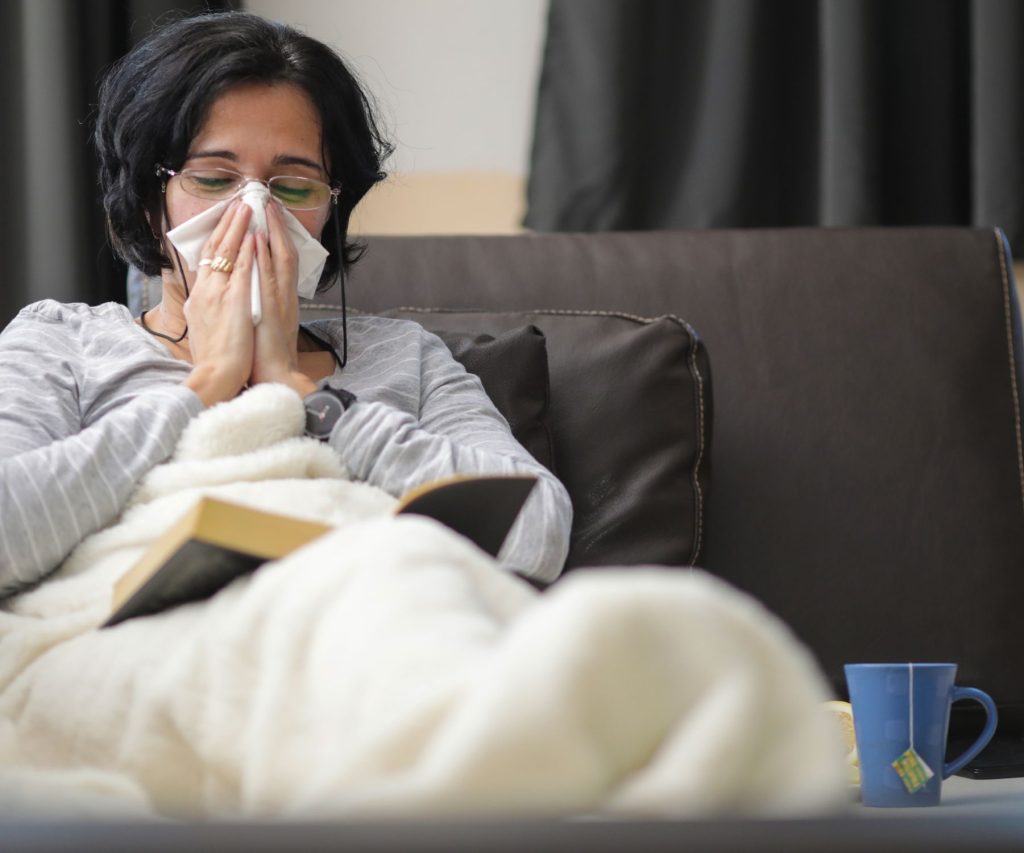 VI. How to choose the right air purifier for colds
VI. How to choose the right air purifier for colds VIII. Benefits of using an air purifier for colds
VIII. Benefits of using an air purifier for colds
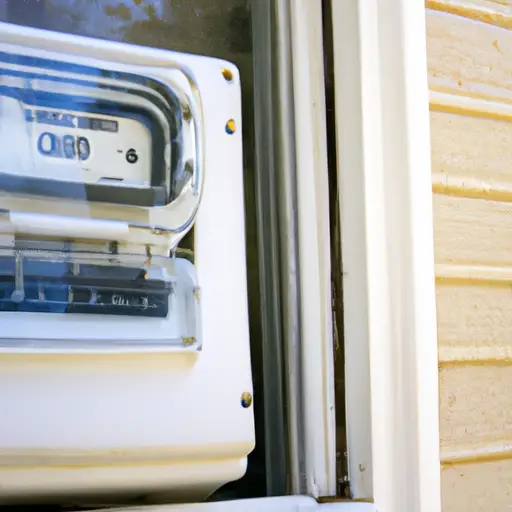
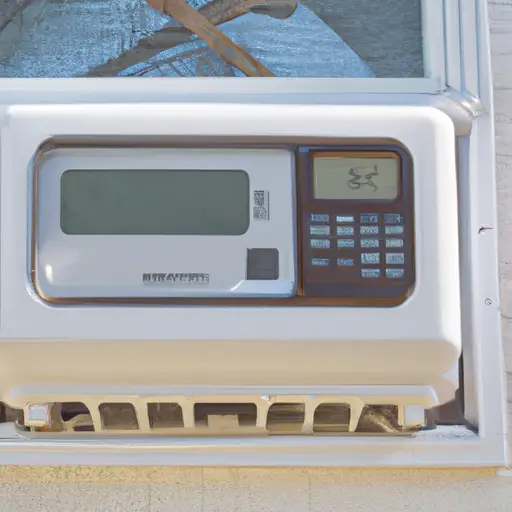
 Choose the right size: Selecting a window air conditioner with the appropriate cooling and heating capacity for your room is crucial. An undersized unit will have to work harder, consuming more energy, to reach and maintain the desired temperature. On the other hand, an oversized unit can lead to inefficient cooling and heating, resulting in unnecessary energy waste.
Choose the right size: Selecting a window air conditioner with the appropriate cooling and heating capacity for your room is crucial. An undersized unit will have to work harder, consuming more energy, to reach and maintain the desired temperature. On the other hand, an oversized unit can lead to inefficient cooling and heating, resulting in unnecessary energy waste.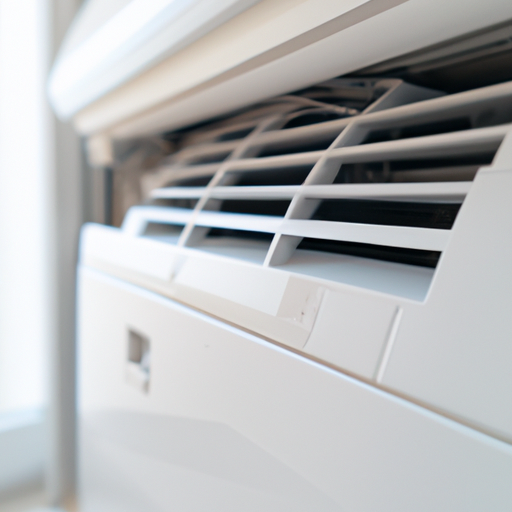
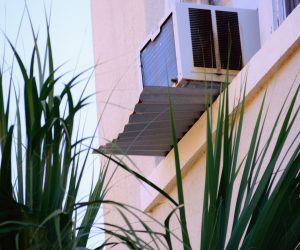 How They Work
How They Work

 Do HEPA Filters Remove VOCs?
Do HEPA Filters Remove VOCs?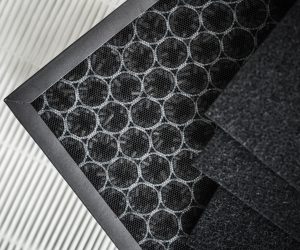 FAQ
FAQ
 Is a Window Air Conditioner a Dehumidifier?
Is a Window Air Conditioner a Dehumidifier?
 Additional Tips and Information:
Additional Tips and Information:


 In my experience,
In my experience, Humidifier vs Diffuser for Sinus
Humidifier vs Diffuser for Sinus Humidifier and Diffuser: My Favorite Uses for both
Humidifier and Diffuser: My Favorite Uses for both
 Low humidity can also have a significant impact on plants.
Low humidity can also have a significant impact on plants. In conclusion, understanding the symptoms of low humidity in humans and plants, as well as the causes and ways to treat them, is essential for maintaining a healthy and comfortable environment.
In conclusion, understanding the symptoms of low humidity in humans and plants, as well as the causes and ways to treat them, is essential for maintaining a healthy and comfortable environment.
 Gather Necessary Supplies
Gather Necessary Supplies In conclusion, cleaning mold in an air conditioner is an important step in maintaining a healthy living environment.
In conclusion, cleaning mold in an air conditioner is an important step in maintaining a healthy living environment.
 When to Use the Window AC Reset Button:
When to Use the Window AC Reset Button: Conclusion:
Conclusion: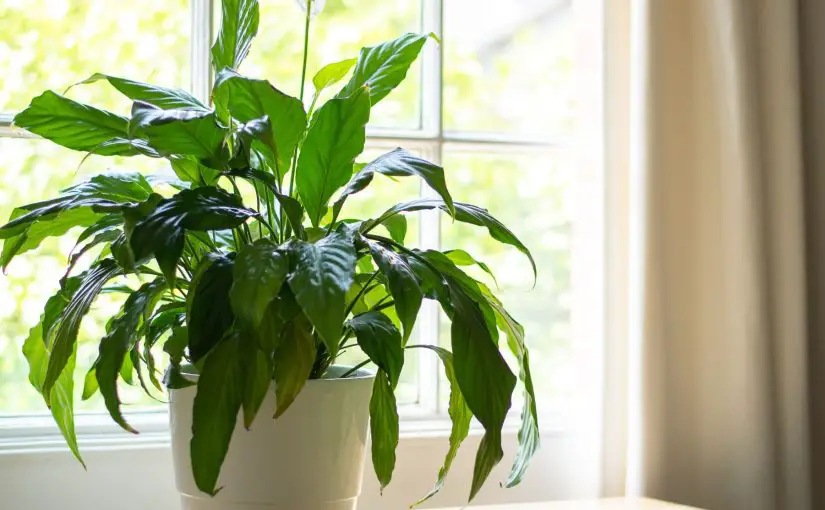
 Here are a few tips on how to care for indoor plants that clean the air:
Here are a few tips on how to care for indoor plants that clean the air: